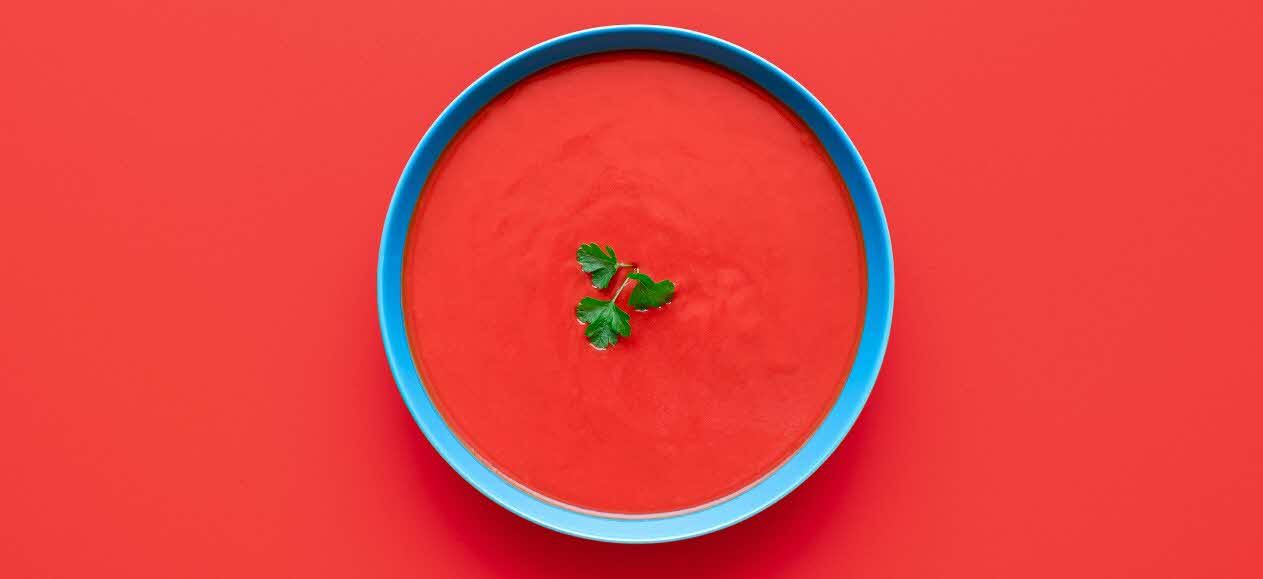How to avoid getting torched by fine foods and local delights
A love letter to all gastronomes
The best part about living in Singapore, is that you never have to walk far for good food. It seems that every block you walk, you’ll encounter people trying to sell you fantastic noodles, economy rice, carrot cake (or if you’re in a fancier place, maybe steaks, foie gras, aburi, etc.) But there is a downside to all this:
According to the government, a shocking one-third of us are now overweight, and a tenth of our entire country is obese. As of 2021, around one out of every three Singaporeans died of heart disease or stroke. It’s also estimated that, by around 2050, almost one million Singaporeans may have to live with diabetes.
So, how can we enjoy living in our foodie paradise, while still keeping in good shape?
You don’t need to give up good food; just plan and eat in moderation
It’s not realistic to go on extreme diets, and decide you won’t eat ice kacang or a hamburger for the rest of your life. Those types of diets almost invariably end in failure. So rather than vow to give up all things delicious, try the following to eat in moderation:
1. Keep a food journal to track your intake
A food journal is where you take note of:
● What kind of food you have eaten
● What time you had a meal (or snack)
● The environment of the meal (e.g. with friends in a coffee shop, or alone at your desk)
● How you felt after the meal
● Your caloric intake
Regarding calories, you can use advice from the Ministry of Health to determine the appropriate amount. Alternatively, you can consult a doctor, to determine the right amount of carbohydrates or calories that would help you maintain a healthy weight (or lose weight, if it’s necessary).
The food journal also helps you to identify certain unhealthy trends. You may find, for instance, that you tend to eat much more when you’re with friends; or that you eat less healthy, as they may affect where you dine.
Time is also an important indicator, to ensure you’re eating proper meals at the proper hours. If you skip breakfast or lunch but eat dinner, for instance, you might end up binge eating at night due to hunger.
For those who practice certain diets, such as intermittent fasting, or eating multiple small meals, keeping track of meal times is especially important. This will allow you to accurately time when your next meal should be (do check with your nutritionist or doctor, however, before adopting any such diet plans).
Finally, knowing how you feel after each meal is key to a sustainable diet. For example, a plain salad may be quite healthy - but if you feel unsatisfied and glum at eating “rabbit food” for lunch every day, chances are high that you’ll give up. You may need to find something more sustainable, taste-wise.
2. Don’t assume that certain food types are healthier
Clever marketing can mislead us into thinking certain food types are healthier. A common example in Singapore is fish: you’ll find many people who believe that fish is always healthier, so fish and chips or a fish burger should be healthier than beef. But in reality, fried fish can be among the unhealthiest and most fattening foods (depending on how it’s cooked).
Another common assumption is that, if a food is plant based, it will be healthier. While vegetarian food is generally lower in fat, bear in mind that beer and fries are also vegetarian; and those are definitely not healthy foods. It’s also been found that certain plant-based meat replacements are higher in sodium, and just as unhealthy as fast food counterparts.
When preparing meals, also take note of how some ingredients behave. Replacing lasagna sheets with eggplant, for instance, will lower the amount of complex carbs; but eggplant also tends to absorb more oil. If this is a concern, you may have to vary cooking methods a bit, or find another alternative.
Rather than follow common assumptions, such as “fish and vegetables are healthier”, always check for the exact calorie and carb count.
3. Have a list of safe, fallback foods
There may be days when you don’t know what you really want to eat; or times when your regular meal spots are unavailable. This especially happens when you travel, as you may not be able to prepare your own meals.
For situations like this, have a list of safe, fallback foods. These should consist of common foods that you can find in most places (e.g., brown rice, leafy vegetables, and so forth). Ideally, try to form the list out of foods that you consider to be familiar staples - this ensures you’re at least satisfied by the meal, and won’t go hunting for more.
4. Have a cheat day, as your diet permits
You don’t need to give up on your favourites forever. Plan for certain times - such as once a month - when you’re allowed to cheat and eat something delicious. It’s best to consult with a doctor or nutritionist, on what you can permit yourself on these days.
The frequency of the cheat meal, and the portion size you’re allowed, can then be planned ahead. This is to ensure you don’t go binge during a cheat day, and end up eating ice-cream on all three meals.
Diets that are too strict, and allow no cheating at all, are very difficult to sustain.
By monitoring and being conscious of your eating, you can enjoy your meals while still keeping healthy (to live long and enjoy more meals!)
5. Level up your protection with health insurance
Even with the healthiest meals and careful dieting, it is still possible for you to develop a health condition.
For absolute peace of mind, get health insurance so that you won’t be facing a huge medical bill if you do get hospitalised.
Let us match you with a qualified financial representative
Our financial representative will answer any questions you may have about our products and planning.





